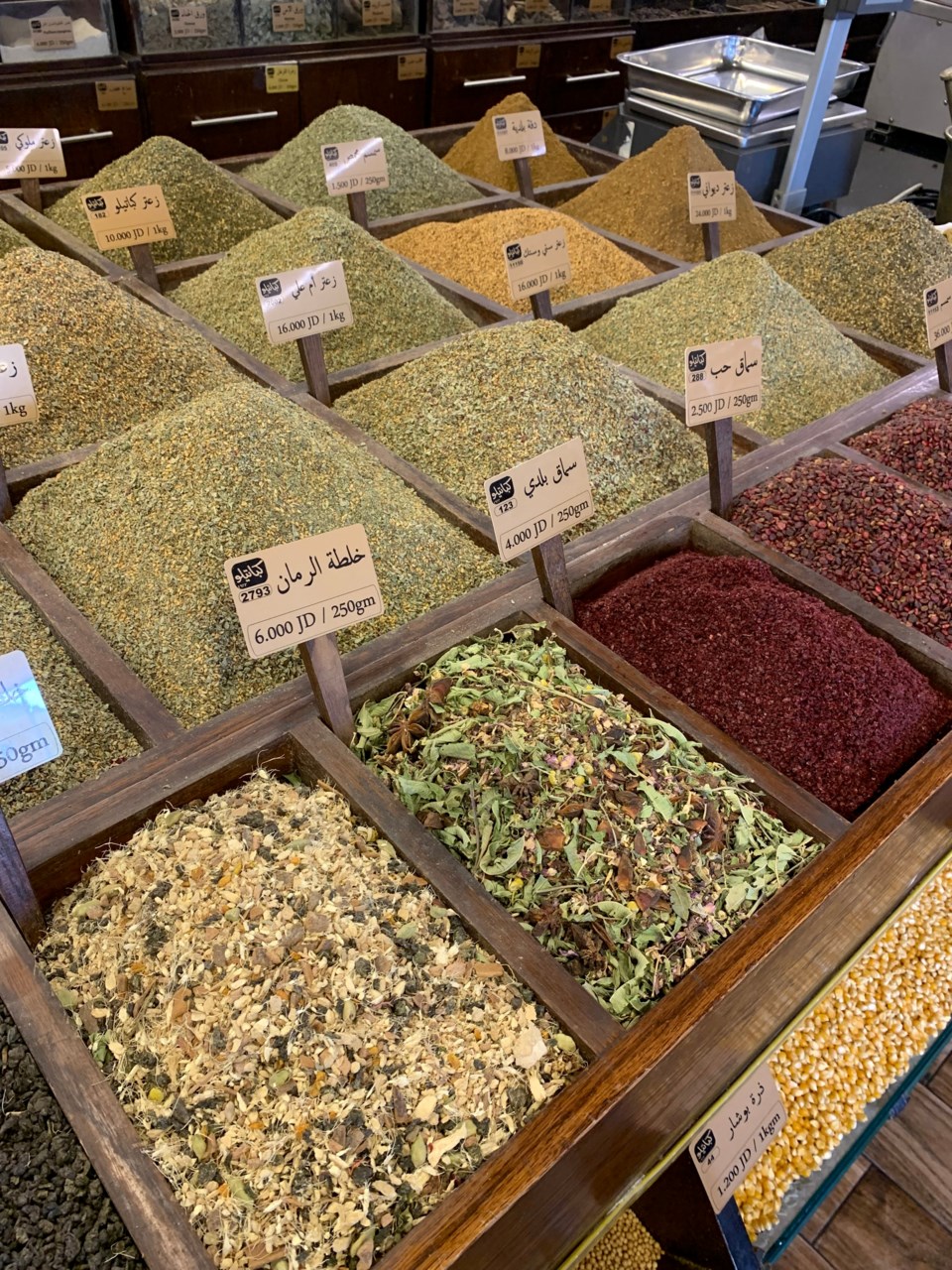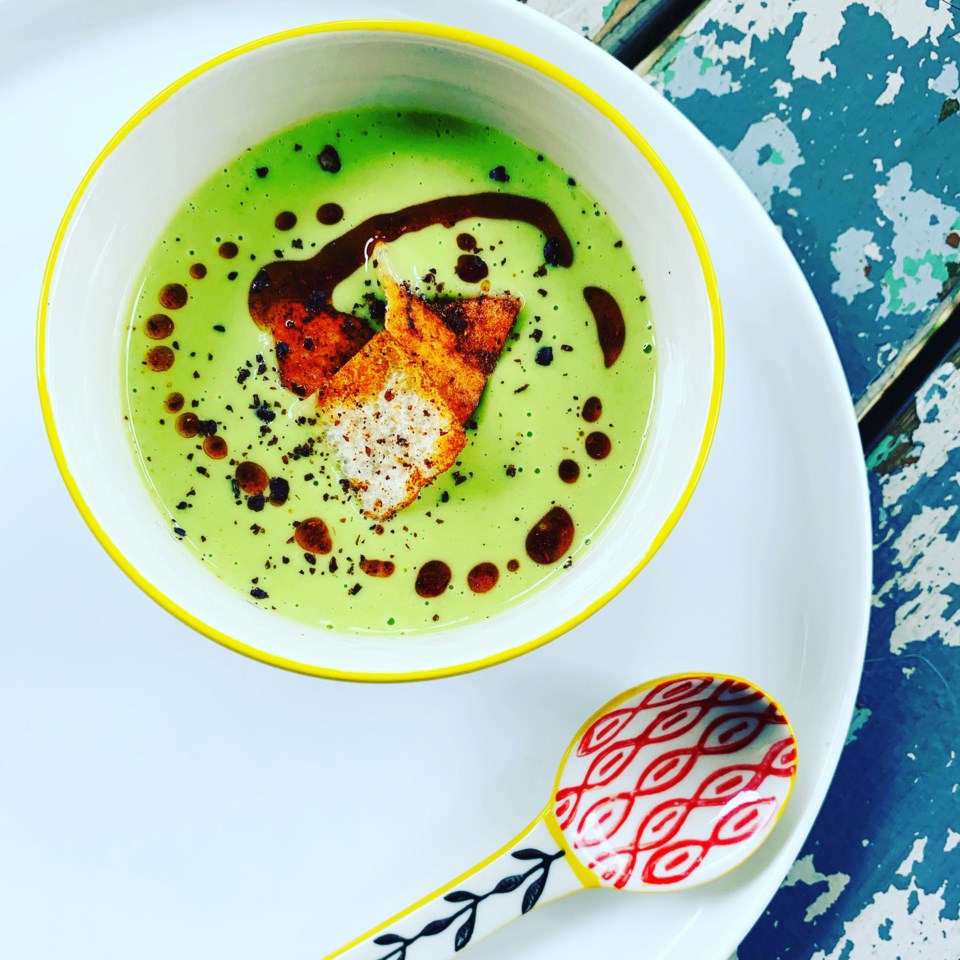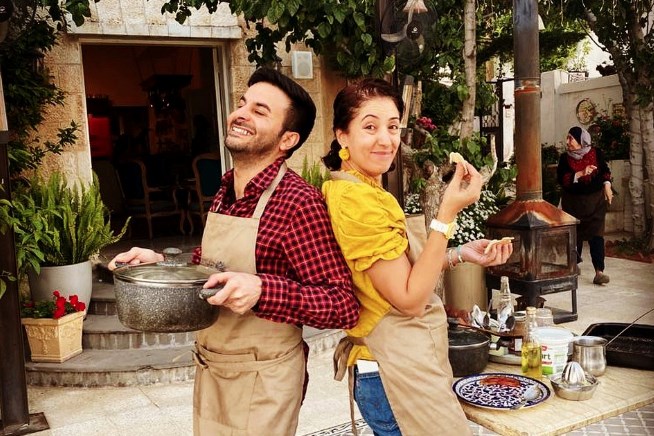It's been five years since Shadel Haddad last returned home.
The Salt Spring Island chef, who serves up rare, premium blends for local spice company, , grew up in Jordan, one of a handful of nations historically considered to comprise the area in the Eastern Mediterranean region of Western Asia known as the Levant.
A mainstay of the Salt Spring Island's Saturday market, Haddad, who is of Arab and Armenian heritage, is known for his premium spices, created in small batches, each roasted to perfection with ratios perfected over time.
His work at Monsoon Coast has long been a way to stay connected to his roots.
“I bought the business because I had a strong connection with the spices from my childhood and my heritage,” he said. “Growing up, it was very common for my mom to send me to the spice store, and they would grind things fresh for me. It was something I grew up with and I took for granted.”
Haddad emigrated to Victoria by himself at 16, originally to attend an international boarding high school and eventually became a software engineer for a period of his life. He was finishing up his masters at UBC when he found himself working part-time at the Granville Island Public Market, a foodie's paradise and the perfect space to find specialty foods and spices that he'd been missing from home.
“I was just so happy to be there, and be around food and people who are excited to make food, from different cultures and traditions,” he said. “I found an opportunity for me to create the missing things that I've been looking for over 20 years of being not in my country of birth, like good-quality spices.”

The last five years have been tumultuous, as the global pandemic made it difficult for the spice master to run the business, or return home and reconnect with his family.
“I had a lot of anxiety around being back in the Levant after such a long time,” he said. “but it was a comfort for me; being in my land of birth and cooking with my mother every other day the foods that I had missed, while having a drink and sharing stories.”
Back in British Columbia after his first trip home in half a decade, Haddad is rejuvenated, and excited to continue his important work on Salt Spring, as he continues to stand for a culture that remains under-represented and misunderstood in the West.
“Arabs are normally not talked about a lot or not understood a lot. They are lumped together in vague terms like the Middle East or the Arab world, which is actually very big, it's more than 20 countries with culturally different profiles,” he said.
Haddad's particular focus is on the herbs and spices with which he's most familiar, including sumac, harissa and za'atar, a mixture that includes the herb of the same name, as well as toasted sesame seeds, dried sumac and other spices.

The first two spices feature prominently in one of a pair of recipes provided for this piece, a with rose harissa olive oil and sumac, as Levantine Arabs cherish the fava bean in the spring and summer and eat it in many creative ways.
Haddad added that he is eager to begin offering cooking classes for Gulf Island residents and their visitors, to deepen the understanding of the Levant and the international spices on offer at Monsoon Coast.
“I want to provide education about the culture of Levant, and to tie that into why the spices are important for me and lots of other people around the world, who have used spices for pleasure, medicine and comfort from one generation to the next over the centuries” he said.



